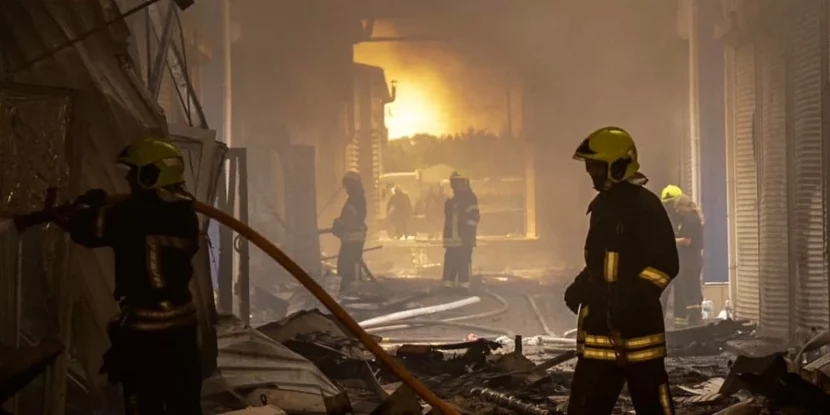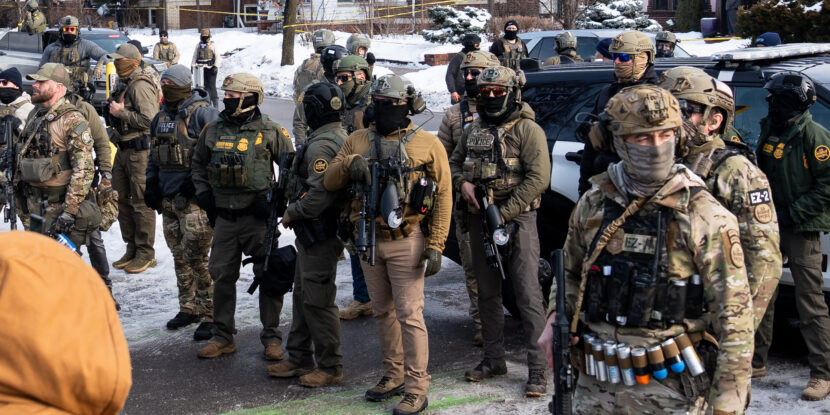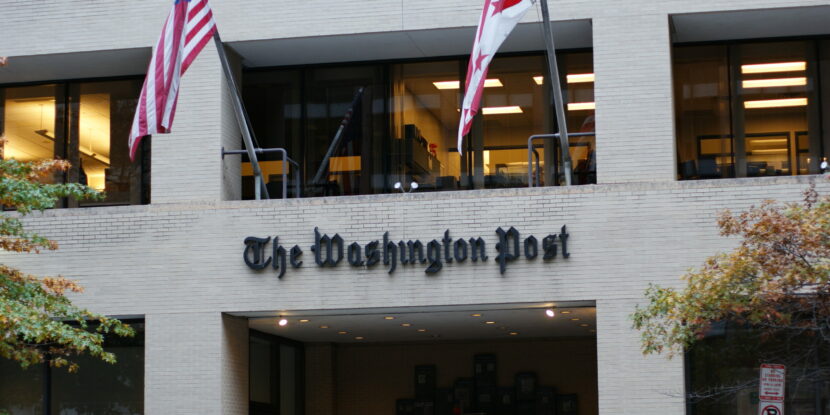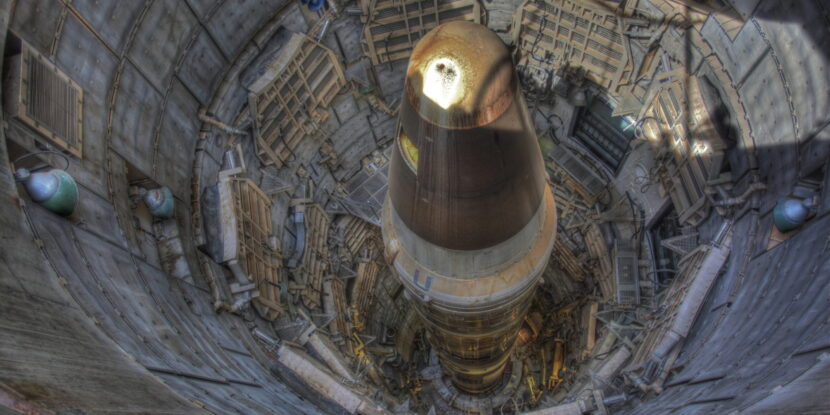Russia launched “truly massive” air strikes against Ukraine’s ports overnight, and is making advances in the Kharkov (Kharkiv) region, where it has amassed a 100,000-strong force, according to Ukraine’s own lawmakers.
After the Ukrainian attack on the Kerch Bridge linking Crimea to Russia proper, Moscow terminated a grain export deal allowing Ukrainian ships to continue exporting its product. Vessels on the Black Sea coast are now subject to a naval blockade, and “all ships proceeding to Ukrainian ports in Black Sea waters will be considered as potential carriers of military cargo” from Wednesday night.
Odessa (Odesa) and smaller port cities such as Chornomorsk have also been hammered by “truly massive” air strikes, damaging infrastructure and grain terminals.
“It was hell in Odesa [last] night, so many missiles, so many drones,” commented Ukrainian lawmaker Oleksiy Goncharenko, adding that it was “[p]robably the most massive attack of all time” on the city.
Compounding these issues, European Union (EU) member-states including Poland – one of Ukraine’s strongest backers – are pushing to extend EU restrictions on Ukrainian grain exports to their countries which had hurt local farmers.
President Volodymyr Zelensky is also facing bad news from the front line, where a long-awaited Ukrainian counter-offensive strengthened by Western equipment is still failing to produce significant breakthroughs – and Russian forces are now advancing in the Kharkov oblast.
Ukrainian commanders say they are facing “[m]ore than 100,000 personnel, more than 900 tanks, more than 550 artillery systems and 370 rocket salvo systems” in the northerly region, and acknowledge the Russians have been making territorial gains.
On Wednesday, the Kremlin claimed it had captured the region’s Movchanove railway station, a claim which remains unverified at the time of publication.





















